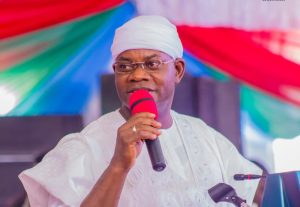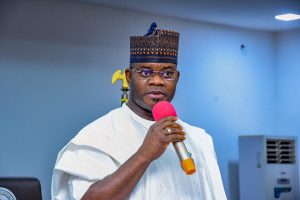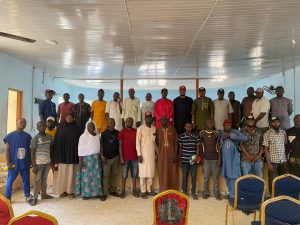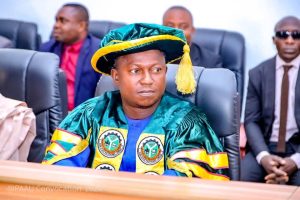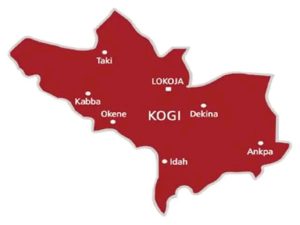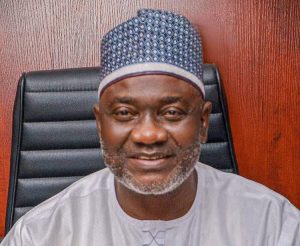KGSG to empower 500,000 cassava farmers with N2b, approves N200m counterpart funds
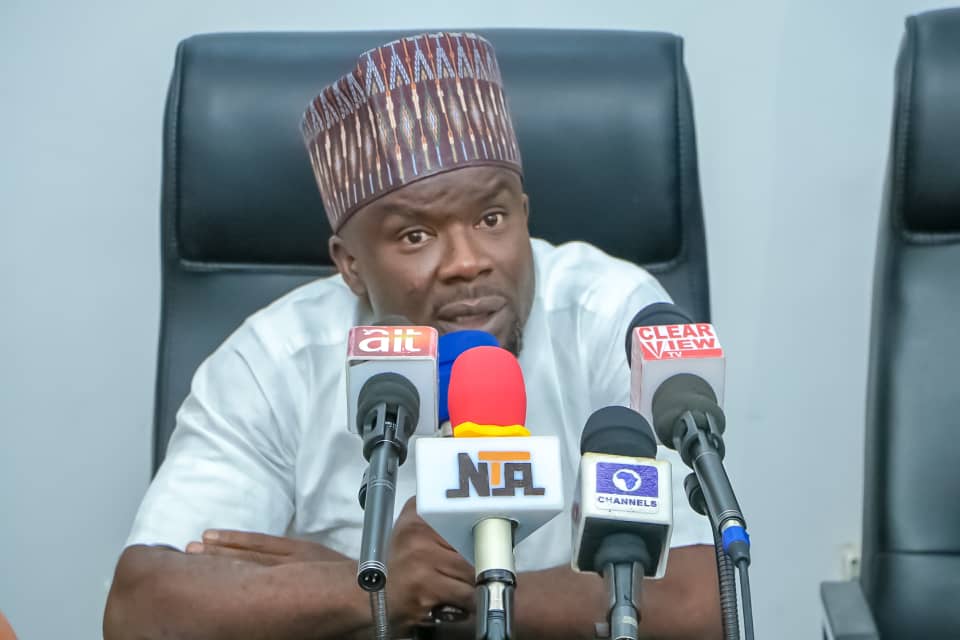
Kogi State Government has announced plans to empower five hundred thousand (500, 000) cassava farmers in the state with the sum of N2b.
The Commissioner for Agriculture, Hon. Kehinde Oloruntoba disclosed this while addressing newsmen after the State Executive Council meeting on Wednesday in Government House Lokoja.
Hon. Oloruntoba said that the Council approved that a loan of N2b be taken from either Bank of Agric or a credit scheme to empower the 500,000 cassava farmers in order to transform their socio-economic fortune.
“This moved is aimed at reducing unemployment drastically and enhancing the economic status of our farmers,” he stated.
According to him, “if this target is achieved, it could inject close to N250b into the economy of the state, N5b Internal Regenerated Revenue on monthly bases by projection.
“The state will no longer depend on Federal Government Allocation to carry out necessary obligations. There will be thousands of direct and indirect employments. Ethanol, more cassava processing factories will spring up. Great opportunities abound, as the state’s economy will be redefined,” he explained.
Speaking further, he revealed that the council equally approved the sum of N200m as payment of counterpart funds to allow farmers in the state benefit from a Federal Government intervention project tagged; ‘Appeals’.
While commending the governor for the approval, he said “Kogi is one of the six participating states in the appeals intervention project, where a total sum of $200m has been set aside for the benefiting states.”
He noted that the counterpart funds would allow Kogi farmers benefit from the funds, saying that the intervention would focus majorly on cashew, cassava and rice productions.
Hon. Oluruntoba stated emphatically, that the Ejiba Confluence Rice Mill belongs to the Kogi State Government and that there was no controversy as rumoured in some quarters that the project was not owned by the state government.

